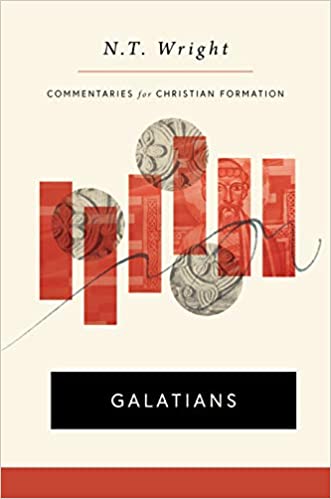Q. There are places in Galatians from at least Gal. 3 on where it seems that Paul doesn’t know exactly who it is that is troubling the Galatians. He has heard what they are demanding the Galatian gentiles do, but he seems not to know who they are. Or do you think this is a case of damnation by anonymity? To me, the further we go in the letter, the more I think he doesn’t really know, but perhaps he... Read more









